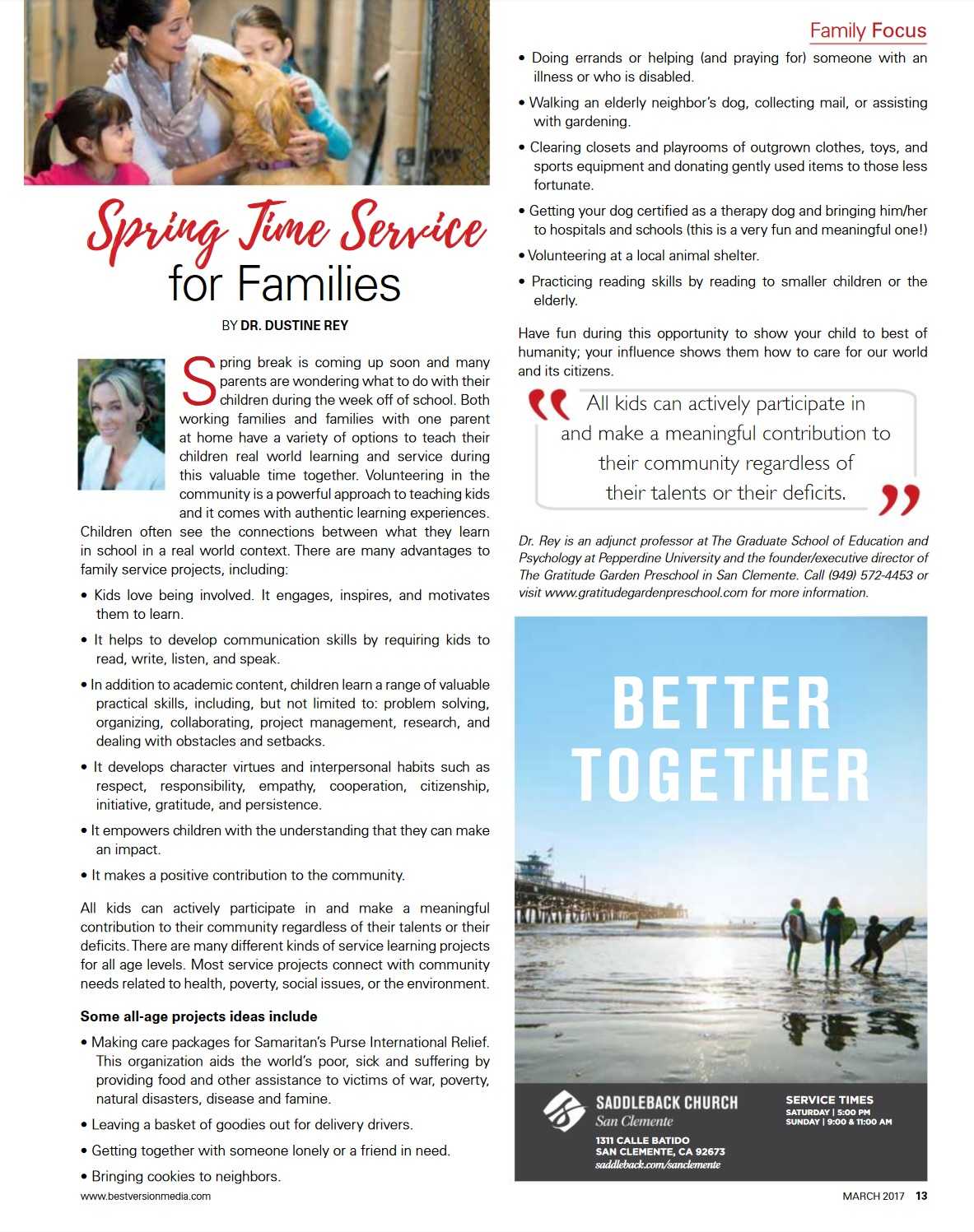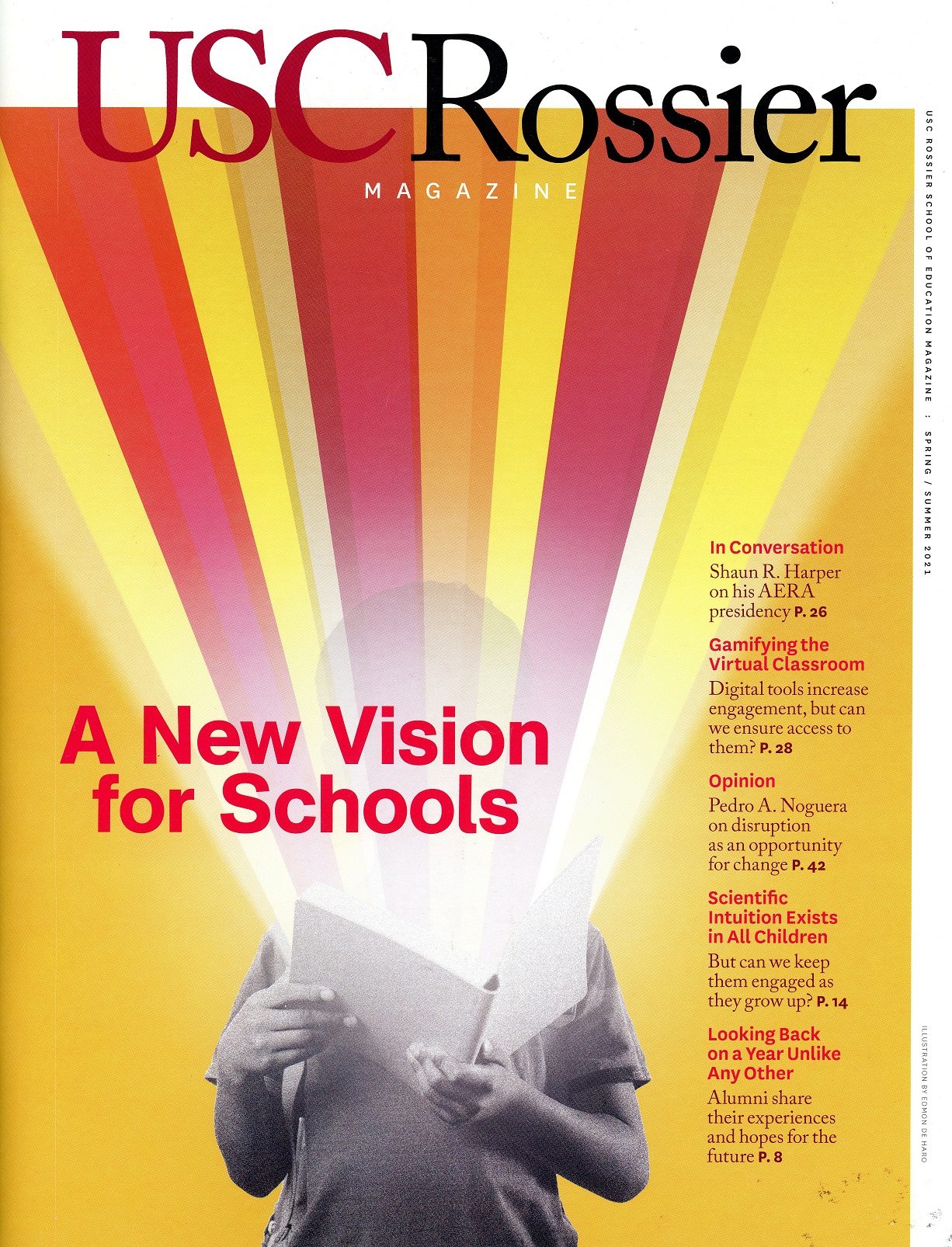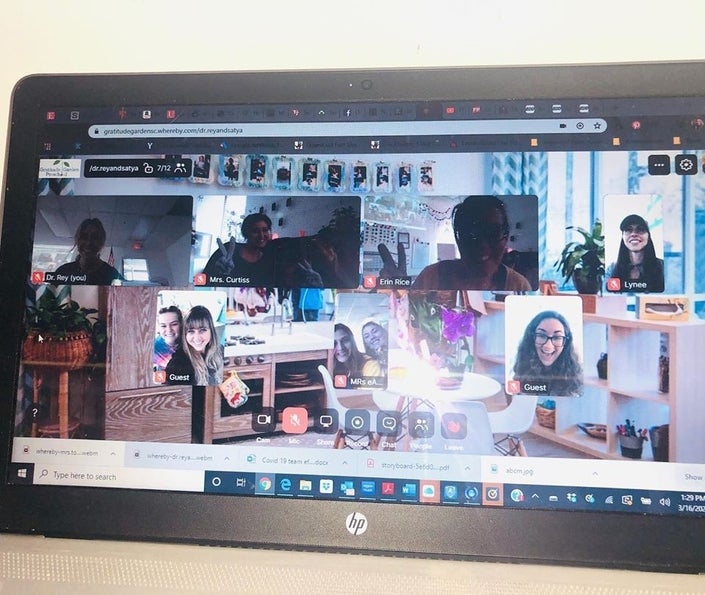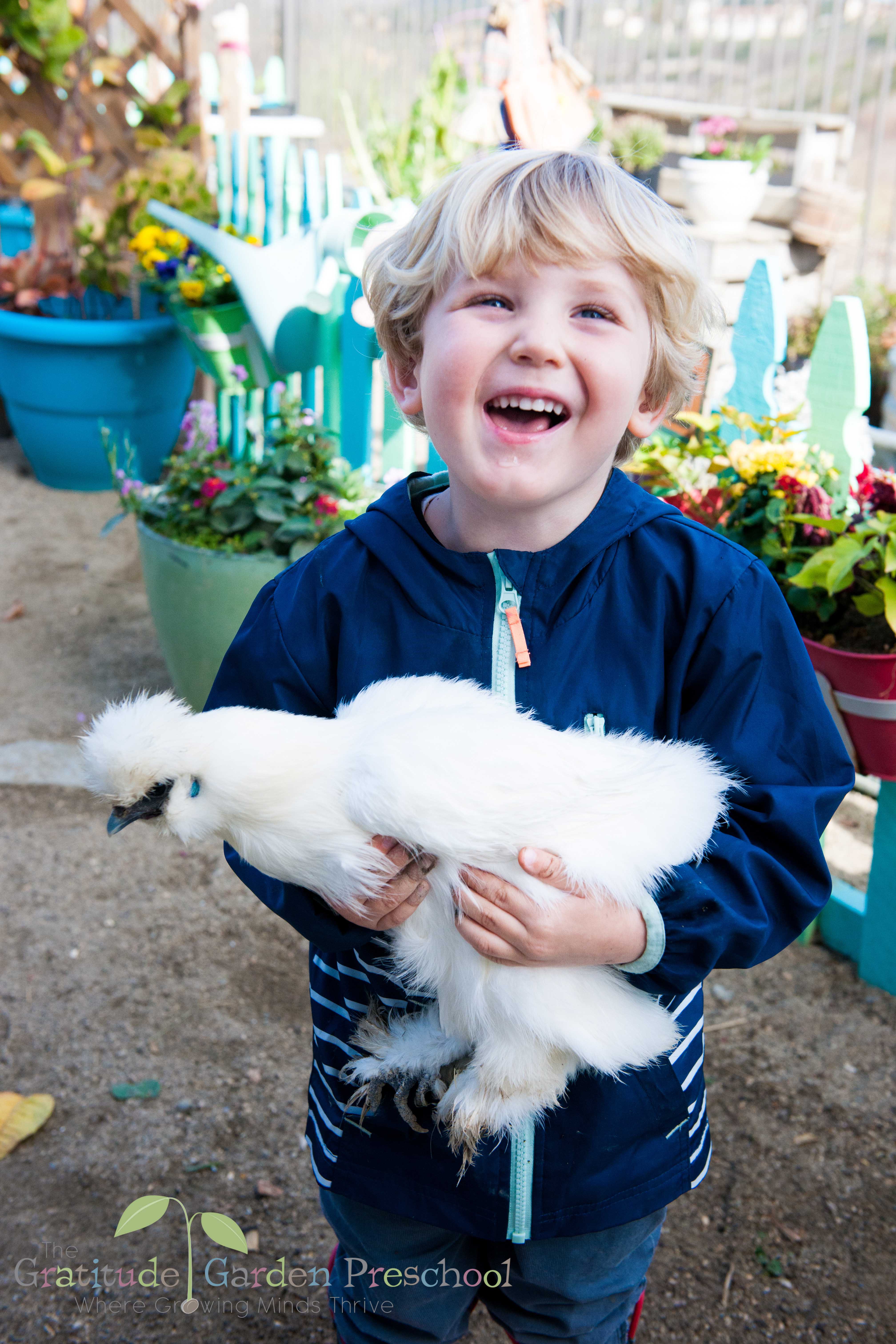Spring break will be coming up soon and many parents are wondering what to do with their children during this week long time off of school. Both working families and families with one parent at home have a variety of options to teach their children real world learning and service during this valuable time together. Volunteering in the community has is a powerful approach to teaching with authentic learning experiences. Children often see the connections to what they learn in academic content to real-world context. There are many advantages to family service projects, including:
- The kids love doing it. It’s engaging, inspiring, and motivates them to learn.
- It develops the communication skills by requiring them to read, write, listen, and speak.
- In addition to academic content, children learn a range of valuable practical skills including: problem solving, organizing, collaborating, project management, research, dealing with obstacles and setbacks, etc.
- It develops character virtues and interpersonal habits such as respect, responsibility, empathy, cooperation, citizenship, initiative, gratitude, and persistence.
- It empowers children with the realization that they can make an impact.
- It makes a positive contribution to the community.
- All kids can actively participate and make a meaningful contribution regardless of their talents or their deficits.
There are many different kinds of service learning projects for all age levels. Most service projects connect with community needs related to health, poverty, social issues, or the environment.
All-age projects ideas include:
- Making care packages for Samaritan’s Purse International Relief- This organization aids the world’s poor, sick and suffering by providing food and other assistance to hurting people who are victims of war, poverty, natural disasters, disease and famine.
- Leave a basket of goodies out for all the delivery people
- Have a playdate with someone lonely or a friend in need
- Bring cookies to neighbors
- Do errands, cook or help (& pray for) someone with an illness or disabled
- Walk an elderly neighbor’s dog, collect mail, or assist with gardening
- Clear closets and playrooms of outgrown clothes, toys, and sports equipment to donate gently used items to those less fortunate
- Get your dog certified as a therapy dog and bring it to hospitals and schools (This is a very fun and meaningful one!)
- Volunteer at a local animal shelter, playing, brushing and cleaning up after the animals
- Practice your reading by reading to smaller children or the elderly
Have fun during this opportunity to show your child to best of humanity, your influence shows them how to care for our world and its citizens.







